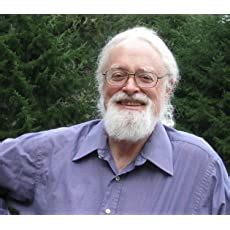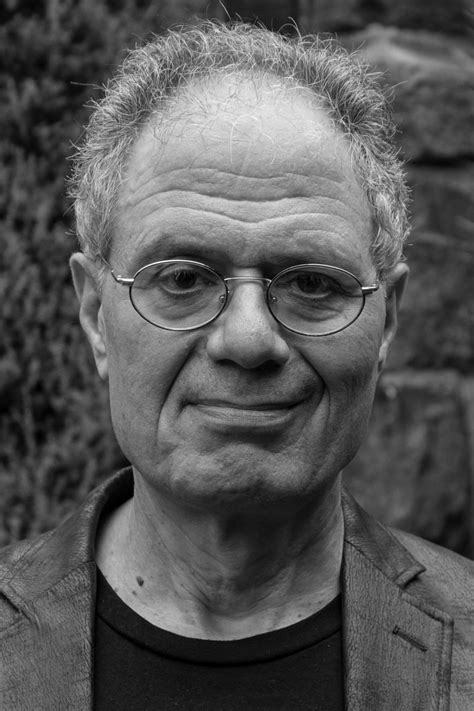A Quote by Marshall McLuhan
As the unity of the modern world becomes increasingly a technological rather than a social affair, the techniques of the arts provide the most valuable means of insight into the real direction of our own collective purposes.
Related Quotes
You can't just stop technological progress. Even if one country stops researching artificial intelligence, some other countries will continue to do it. The real question is what to do with the technology. You can use exactly the same technology for very different social and political purposes. So I think people shouldn't be focused on the question of how to stop technological progress because this is impossible. Instead the question should be what kind of usage to make of the new technology. And here we still have quite a lot of power to influence the direction it's taking.
Throughout history, the arts and humanities have helped men and women around the globe grapple with the most challenging questions and come to know the most basic truths. In our increasingly interconnected world, the arts play an important role in both shaping the character that defines us and reminding us of our shared humanity. This month, we celebrate our Nation's arts and humanities, and we recommit to ensuring all Americans can access and experience them.
When we truly understand what it means to love as Jesus Christ loves us, the confusion clears and our priorities align. Our walk as disciples of Christ becomes more joyful. Our lives take on new meaning. Our relationship with our Heavenly Father becomes more profound. Obedience becomes a joy rather than a burden.
To overcome our biological limitations as individuals, we have co-evolved collective systems and capacities - cultural, social, economic, political, scientific, media, educational, public relations, etc. But the flaw in all that is that we have designed them primarily for comfort, profit, power, control, and entertainment rather than for collective intelligence, sanity, and wisdom.
Until society can be reclaimed by an undivided humanity that will use its collective wisdom, cultural achievements, technological innovations, scientific knowledge, and innate creativity for its own benefit and for that of the natural world, all ecological problems will have their roots in social problems.
The most important ingredient we put into any relationship is not what we say or what we do, but what we are. And if our words and our actions come from superficial human relations techniques (the Personality Ethic) rather than from our own inner core (the Character Ethic), others will sense that duplicity. We simply won't be able to create and sustain the foundation necessary for effective interdependence.
Modernity is the ensemble of changes - intellectual, political, economic, social, cultural, technological, aesthetic - that have altered the world drastically since roughly the 17th century, until which time the world was, in the above respects, far less different from the world of any previous epoch of recorded history than it is from the world of today. The modern predicament is the set of problems these changes have bequeathed us.
I believe that the community's duty to education is, therefore, its paramount moral duty. By law and punishment, by social agitation and discussion, society can regulate and form itself in a more or less haphazard and chance way. But through education society can formulate its own purposes, can organize its own means and resources, and thus shape itself with definiteness and economy in the direction in which it wishes to move.
Forgiveness is like the martial arts of consciousness.
In Aikido and, other martial arts, we sidestep our attackers force rather than resisting it.
The energy of the attack then boomerangs back in the direction of the attacker.
Our power lies in remaining nonreactive. Forgiveness works in the same way.
When we attack back, and defense is a form of attack, we initiate a war that no one can win.
I believe that we face incredible obstacles in our attempts to see the world. Everything in our nature tries to deny the world around us; to refabricate it in our own image; to reinvent it for our own benefit. And so, it becomes something of a challenge, a task, to recover (or at least attempt to recover) the real world despite all the impediments to that end.





































